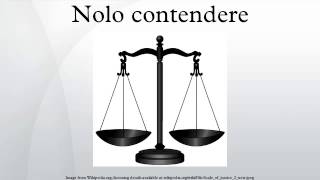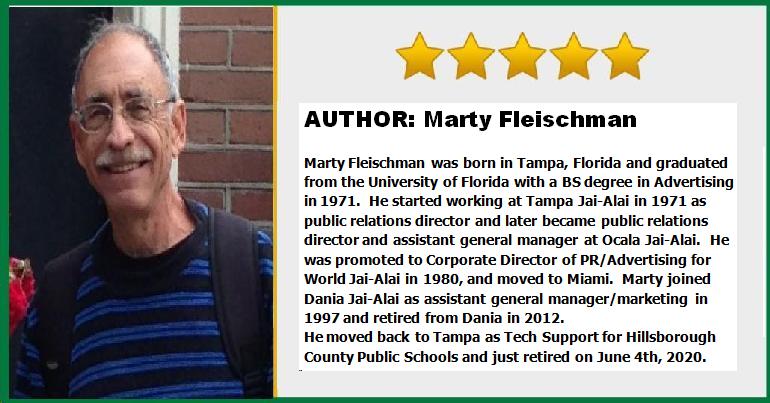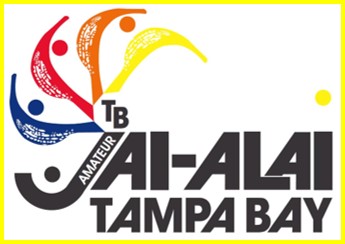The Punishment Did Not Fit the Crime (Part 4 – Conclusion)

The wheels of justice move slowly. I was becoming more impatient each day. It had already been weeks since State Division Director Dan Bradley had told my attorney and cousin Richard Hirsch that he would not revoke my license if I was not convicted of a felony. But Richard was, indeed, doing what good lawyers do. He was working on a just and fair settlement of the charges. He was working on saving his cousin’s career.
Finally, I got the call from him. “My Boy (his affectionate nickname for me), I have good news for you,” he told me. “The State Attorney’s Office has agreed to reduce the charges to misdemeanor gambling if we plead Nolo Contendere. Also, the court will withhold adjudication if you agree to pay $1,500 in court costs.” I took Latin in school and figured out Nolo Contendere meant “no contest,” which it did. But I asked him to translate the legalese.
“In essence, you are not admitting guilt to the misdemeanor charge and withholding adjudication means you are not convicted of anything,” he told me. “They were after the main guys who were accepting the bets, not really the bettors. The State Attorney’s office is offering this plea to all of you, except the bookmakers. It is a fair disposition, and we absolutely should take it. I am sending a letter to both the Division of Pari-Mutuel Wagering and to World Jai-Alai. Hopefully, you will be back to work soon.”
It was late April, there were still a few weeks left in the Tampa Jai-Alai season. The summer season for Ocala Jai-Alai would start in June. Now, the ball would be in World Jai-Alai’s court, so to speak. Would Donovan, Rico, and Gerrity take me back?
On April 24th, 1979, I appeared at the Tampa courthouse, pled “Nolo” and paid the fine. Richard immediately sent letters to Bradley at the Division and William P. Cagney, attorney for World Jai-Alai, confirming the disposition of the case.
Within days, Richard received a letter from Cagney saying I was immediately reinstated and could report to work. A few days later Ricky Solaun was, also, reinstated. Our nightmare appeared to be over.
I wasn’t sure what to expect when I walked into Tampa Jai-Alai the following week. I went straight to Dick Gerrity’s office. He gave me a warm welcome, was genuinely glad to see me. He brought me up to date on what I had missed and let me know who had applied for my job.
Some of the names he mentioned surprised me. But there was one that refused to take my spot, even temporarily. And he was the most qualified to fill in. That was Mark Beiro. I had hired Mark as an announcer a few years earlier. He had a natural talent and quickly became one of our top announcers. What I didn’t know was that Mark, also, possessed a tremendous sense of loyalty. He had told Gerrity that until it was certain that I wasn’t coming back, he would help in any way, but would not take over as public relations director. In essence, he would not take my job. Gerrity seemed surprised, I wasn’t.
We concluded another record setting Tampa Jai-Alai season and I moved up to Gainesville for our 1979 Ocala season. Midway through the summer, it was decided to run an extended schedule. Dick Gerrity had been titled Ocala Jai-Alai’s General Manager, though Assistant GM Giles Ellis carried most of the load. Apparently, Dick wanted to stay in Tampa permanently and Giles deserved being named General Manager of Ocala.
The execs in Miami came up with a plan. They decided to name Gerrity Area Director over Tampa and Ocala. He would retain the title of General Manager of Tampa Jai-Alai. Giles Ellis was promoted to General Manager of Ocala Jai-Alai but would maintain his duties of Assistant GM of Tampa. And Marty Fleischman was appointed Assistant General Manager of Ocala Jai-Alai! Yes, less than six months after my arrest and suspension, I received a promotion to Asst. GM. I was thrilled… and tremendously grateful.
Thinking my future was in doubt at World Jai-Alai due to my own stupidity, I was now back on track. I finally got my first management position, due to the fact that Rico and Donovan saw past my recent indiscretion. I’m sure Gerrity and Ellis either suggested my promotion or, at the very least, endorsed the decision.
During the Ocala season, I learned a great deal from Giles concerning managing a fronton. Now, back in Tampa, I was preparing for the 1979/1980 Tampa Jai-Alai season. It was early December. I was in the announcer’s booth setting up the equipment when I was alerted to pick up line two. I looked at the blinking light. I lifted the receiver. What I heard on the other end of the phone line would change my life forever.










